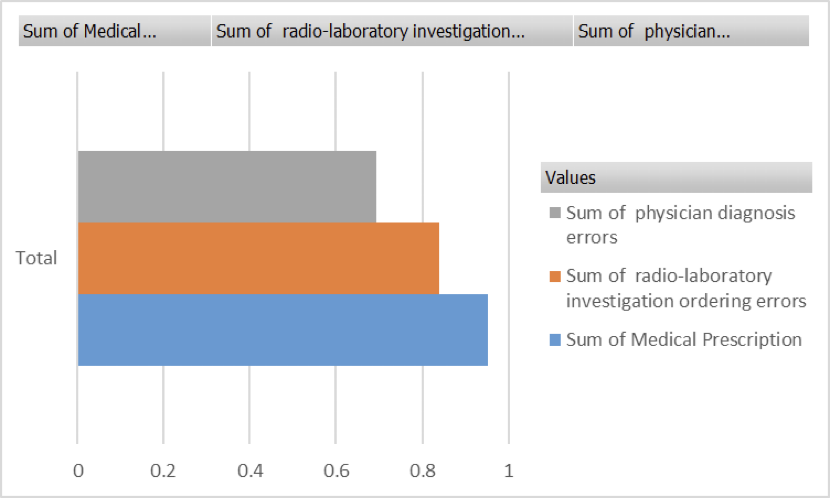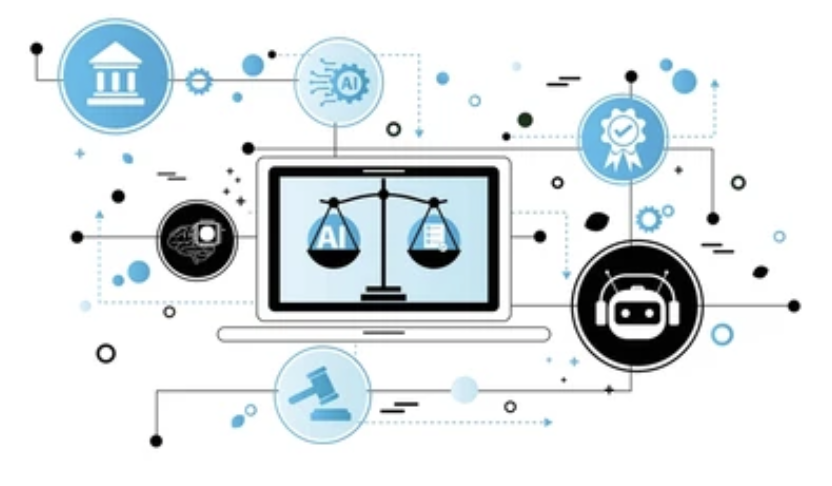


PORT HARCOURT, NIGERIA - Artificial intelligence (AI) has contributed greatly to health care standardization, practices, and innovation during the past few years. Health researchers and practitioners all over the world have leveraged AI and applied it to medical imaging analysis, drug development, kidney and heart disease prediction, and cancer research and treatment, as well as analysis of unstructured medical data.
The world is changing and embracing the benefits AI provides to healthcare, but though Nigeria is the giant of Africa in population, cultural diversity, religious beliefs, and economic activity, it has also always been a below average performer in quality healthcare practices, its underperformance due to medical workers' strikes, inadequate medical amenities, poor medical practices, and other factors.
One of the most common poor medical practices in Nigeria is inadequate data collection, processing, and storage. This has resulted in the phenomenon of ‘death by medical mistakes’ in the country. “The three most common errors made by medical practitioners are medication errors (95.2 percent), radio-laboratory investigation ordering errors (83.9 percent), , and physician diagnosis errors (69.4),” per a 2017 study conducted in the southeastern state of Abia.

While it is true that relatively few of these errors directly result from poor healthcare amenities and other medical-related problems and system failures, that is little consolation because incorrect data collection, processing, and storage is an even more common cause.
The present
As is the case with healthcare sectors in other countries, Nigeria’s generates huge amounts of data every day, both quantitative and qualitativ
The content herein is subject to copyright by The Yuan. All rights reserved. The content of the services is owned or licensed to The Yuan. Such content from The Yuan may be shared and reprinted but must clearly identify The Yuan as its original source. Content from a third-party copyright holder identified in the copyright notice contained in such third party’s content appearing in The Yuan must likewise be clearly labeled as such. Continue with Linkedin
Continue with Linkedin
 Continue with Google
Continue with Google











 1301 views
1301 views






